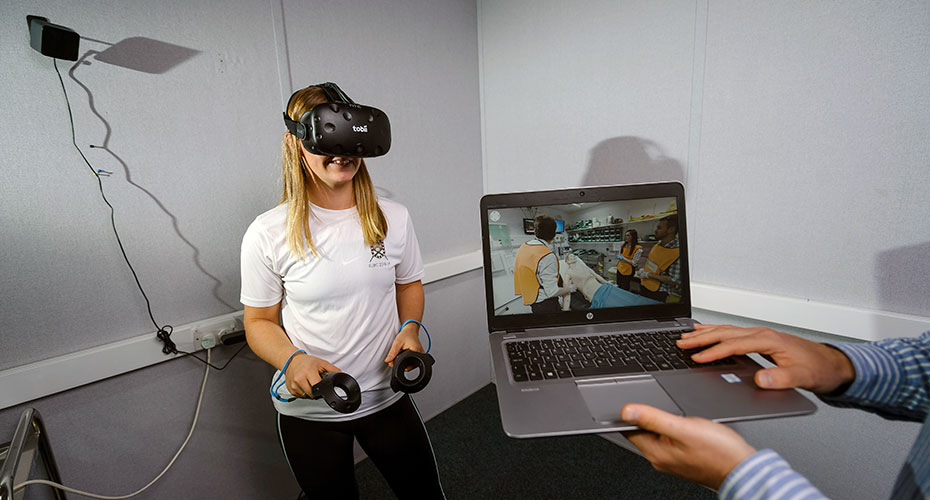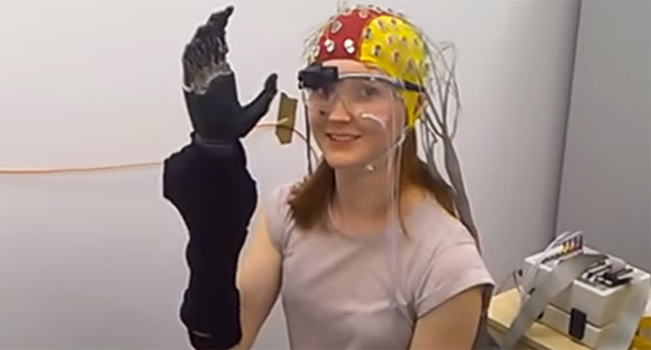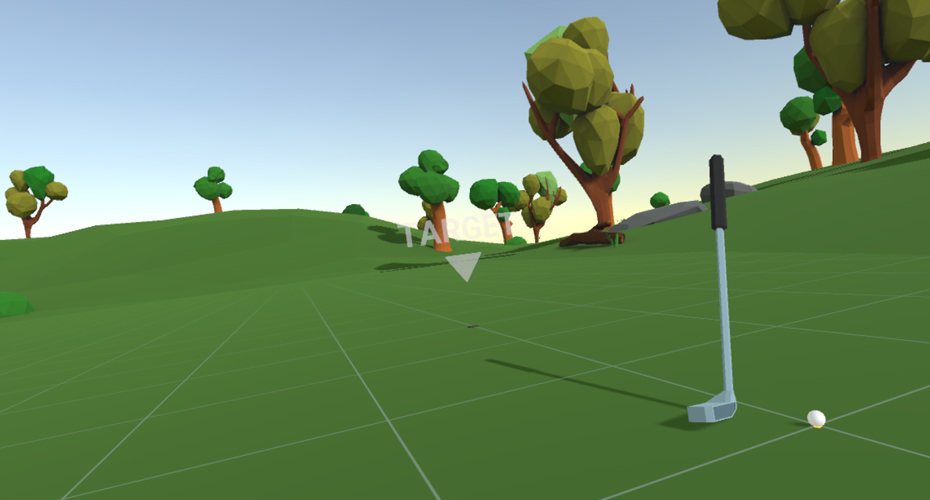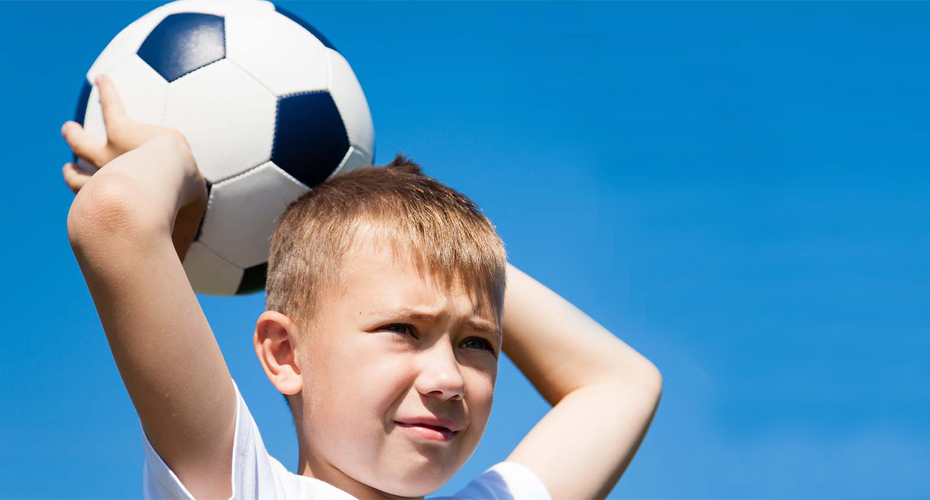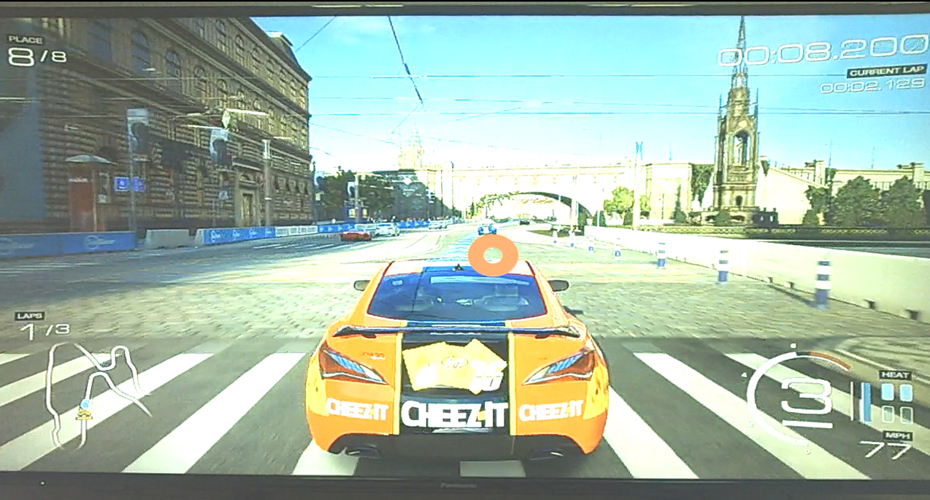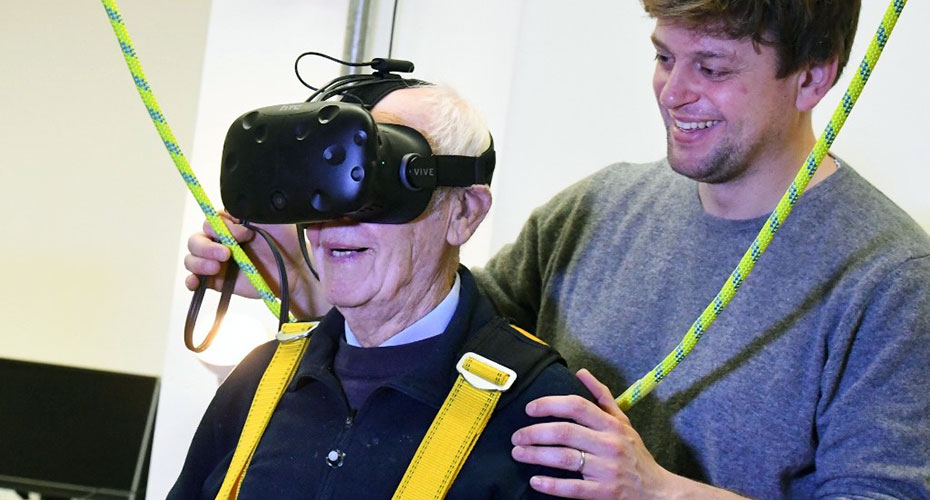Psychology
As a group we are interested primarily in understanding the cognitive, psychophysiological and sensorimotor determinants of human performance, especially visuomotor skills.
This understanding enables us to:
- Develop new theory, such as the relationship between pressure and performance
- Predict how system constraints, such as pressure, inaccurate expectations, fatigue and illness, interact to influence both the performance and learning of skills
- Create impactful interventions through engaged research projects, across the continuum from clinical groups to elite performers
Current projects
Our expertise includes:
- Predicting performance under pressure - including assessing the influence of attentional disruptions, reinvestment, and stress evaluations (challenge and threat states).
- Optimising visuomotor skill acquisition - from supporting physical activity across the lifespan to elite performance.
- Sensorimotor learning and performance – examining clinical and elite performance populations to understand how we perform dextrous movements.
- The use of virtual environments to develop both experimental paradigms and training interventions.
Our capabilities
Eye-tracking solutions
Virtual and augmented reality
Pressure manipulations
- Development and assessment of pressure manipulations (including attentional and psychophysiological effects)
Web resources
- With our industry partner Cineon Training we can develop bespoke web resources (e.g. See to Learn website designed for children with movement coordination difficulties)
Design and tests of bespoke training interventions
- Feed forward eye movement training (quiet eye/gaze training) implicit motor learning
- Cognitive (working memory) training
- Transcranial direct current stimulation
- Observational learning
Machine learning
With colleagues in Computer Science we can apply machine learning techniques to explore:
- how movement coordination self-organises under constraints
- how eye movements while performing tasks might reveal underlying cognitive biases
Other projects
Effort and weight perception
Psychophysical studies to understand the nature of the psychological and physiological interactions which underpin our experience of how heavy objects feel across the lifespan, and how tired we feel when lifting weights in an exercise context.
Anxiety, locomotion and balance
This research is based on dynamic walking tasks. It identifies changes in cognitive and motor behaviour associated with fall-related anxiety, and aims to systematically evaluate causal links in an attempt to inform the development of future low-cost rehabilitation tools.
Group members
Contact us
For enquiries about working with us or using our facilities, please email Mark Wilson.
Find our team on Twitter at:
- Mark Wilson - @markwilson_psy
- Gavin Buckingham - @DrGBuckingham
- Sam Vine - @SamuelJamesVine
Partnerships
We have experience working with a range of partners including:
- Military and intelligence community
- Sport National Governing Bodies and Professional Clubs
- Surgical trainers and device manufacturers
- Clinical groups (including individuals with autism, dyspraxia, complex regional pain syndrome, Parkinson’s)
- Charities and Research Councils
- Industrial partners including Sellafield and FlyBE
Sub groups
